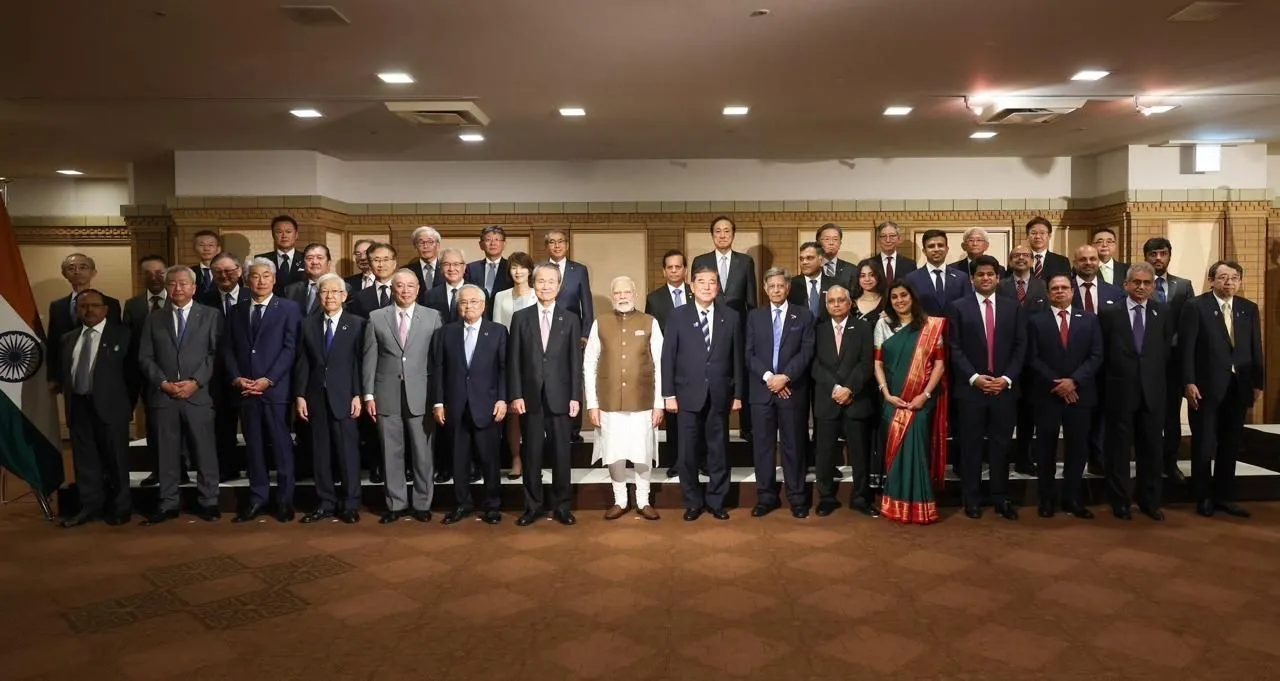DSA Correspondent
South Korea Cyberattacks 2025
South Korea’s military cybersecurity systems have come under unprecedented pressure, facing over 9,262 cyberattacks between January and June 2025—marking a 45% year-on-year increase and raising alarms across global defense circles.
South Korea’s military cybersecurity systems have come under unprecedented pressure, facing over 9,262 cyberattacks between January and June 2025—marking a 45% year-on-year increase and raising alarms across global defense circles.
While no breaches were reported, the frequency and sophistication of the attacks signal a dangerous evolution in cyber warfare, with experts pointing to North Korean cyber units as the likely culprits.
Cyberattack Statistics: A Digital Onslaught
The data, presented to South Korea’s National Assembly, provides a stark picture of how military networks are becoming a key target in modern geopolitical conflicts.
- Total cyberattacks (Jan–Jun 2025): 9,262
- Public website intrusions: 9,193
- Email/phishing attempts: 69
- Malware infections: 0 reported
These attacks were efficiently neutralized by South Korea’s Cyber Operations Command, showcasing strong defensive capabilities, but also exposing the scale of the threat
Who is Behind the Attacks?
Investigators strongly suspect North Korea’s state-sponsored cyber units, including the infamous Bureau 121, known for high-profile attacks on South Korean infrastructure and global institutions.
Key indicators include:
- IP traces from previous DPRK-linked campaigns
- Similar hacking patterns and vectors
- Surge in activity aligned with regional tensions
This aggressive digital behavior mirrors a broader strategy of asymmetric warfare by Pyongyang, leveraging cyberattacks to avoid direct military confrontation.
Official Response: Cybersecurity Strategy Demands Upgrade
Rep. Yu Yong-Weon, a key voice in national security policy, issued a strong warning:
“One successful breach could paralyze our military's command systems and expose critical defense data.”
He urged immediate action through:
- A National Cybersecurity Command Center under presidential oversight
- Mandatory cyber threat simulation exercises across military units
- Enhanced coordination between military, intelligence, and civilian agencies
These recommendations align with global best practices in critical infrastructure defence and national cyber strategy.
Why This Matters Globally
South Korea’s experience is not isolated. It reflects a broader global pattern where military, energy, transportation, and government sectors are now primary targets of state-sponsored cyberattacks.
From Ukraine to Taiwan, and now South Korea, nations are waking up to a new era where the first strike in war may not be physical, but digital.
Final Takeaway
South Korea may have successfully defended its networks—for now. But the volume and intensity of these attacks serve as a loud wake-up call:
Cyber defense is no longer an option—it’s a national imperative.
.webp)
-min.webp)

.webp)
.webp)
.webp)
.webp)
.webp)



 9958382999
9958382999
